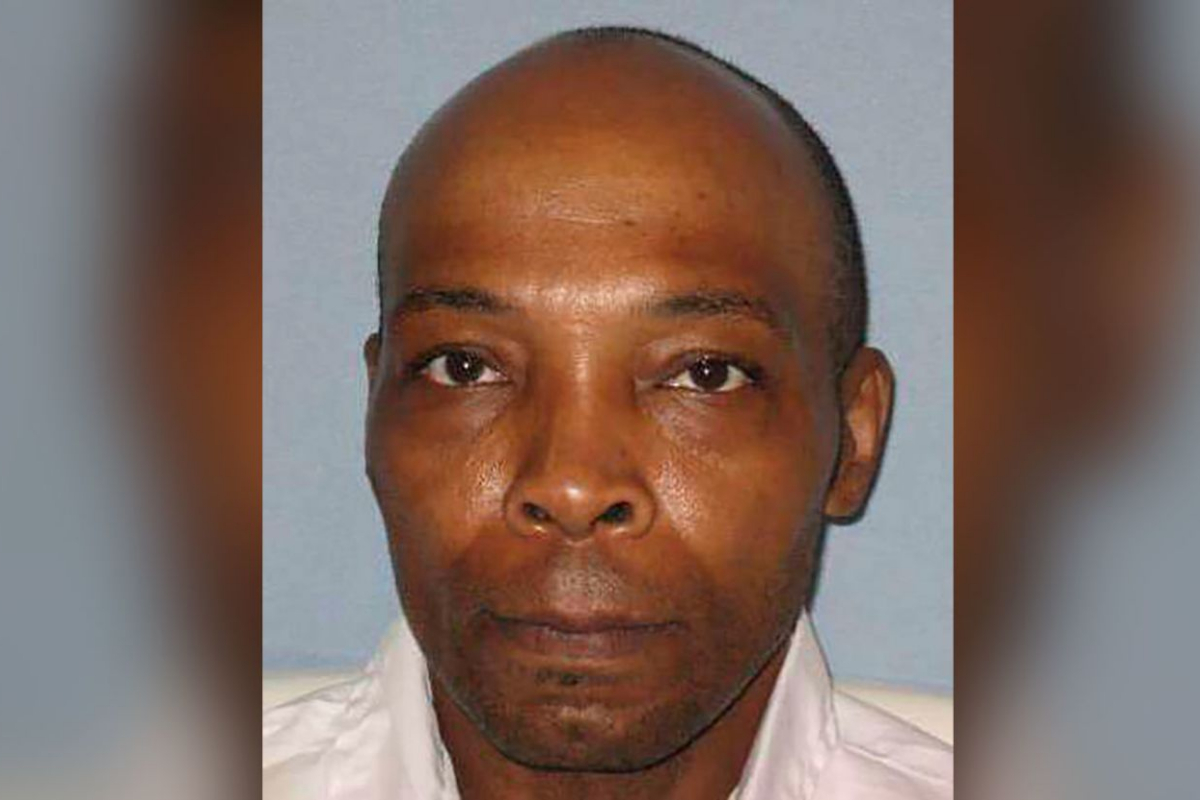Exploring Noah Kagan: All You Need to Know
Noah Kagan is a versatile entrepreneur, author, and CEO. He contributed his...

Photo: CNN
On July 18, 2024, the State of Alabama executed Keith Edmund Gavin, a death row inmate convicted for the 1998 murder of William Clayton Jr., a delivery driver. Gavin’s case, marked by claims of innocence and extensive legal battles, ended in a lethal injection procedure at the William C. Holman Correctional Facility. This post explores Gavin’s life, the crime he was convicted of, and the circumstances surrounding his execution.
Keith Edmund Gavin was born around 1960 in Illinois. Raised by his mother, Annette, and father, Willie Gavin Sr., he grew up in a challenging environment. His father was imprisoned for robbery when Gavin was just a toddler. Gavin came from a large family with ten siblings, and despite dropping out of high school, he later earned his GED and took college courses while serving time for a previous murder conviction.
In March 1998, Gavin was found guilty of capital murder for the death of William Clayton Jr., who was shot during a robbery attempt in Cherokee County. Gavin allegedly forced Clayton into the passenger seat of his delivery van after the shooting and drove away. Despite Gavin’s insistence that another individual, Dewayne Meeks, was responsible for the crime, evidence and witness testimonies led to his conviction and subsequent death sentence.
Gavin’s execution by lethal injection took place at the William C. Holman Correctional Facility. The procedure, which lasted 23 minutes, ended with Gavin being pronounced dead at 6:32 p.m. on July 18, 2024. He was the third inmate executed by Alabama that year and the tenth nationwide. For his final meal, Gavin chose to eat a bag of Ruffles cheddar sour cream chips, Lay’s plain chips, and a Hershey bar with almonds, having refused other meals the previous day.
Throughout his time on death row, Gavin maintained his innocence, alleging that Dewayne Meeks was the real shooter. Despite this, Meeks was never charged, and witnesses identified Gavin as the perpetrator. In his final hours, Gavin appealed to the U.S. Supreme Court for a stay of execution, citing a lack of due process due to his inability to pay legal fees. His appeals were ultimately unsuccessful.
Gavin’s family remained largely out of the media spotlight throughout his trial and imprisonment. His mother, Annette, and father, Willie, did not publicly address the case. Gavin’s story is a poignant reminder of the complexities and emotional toll involved in the criminal justice system, reflecting his personal struggles, ongoing claims of innocence, and the broader implications of the death penalty.
Catch all the Business News, Breaking News Event and Latest News Updates on The BOL News
Download The BOL News App to get the Daily News Update & Live News.